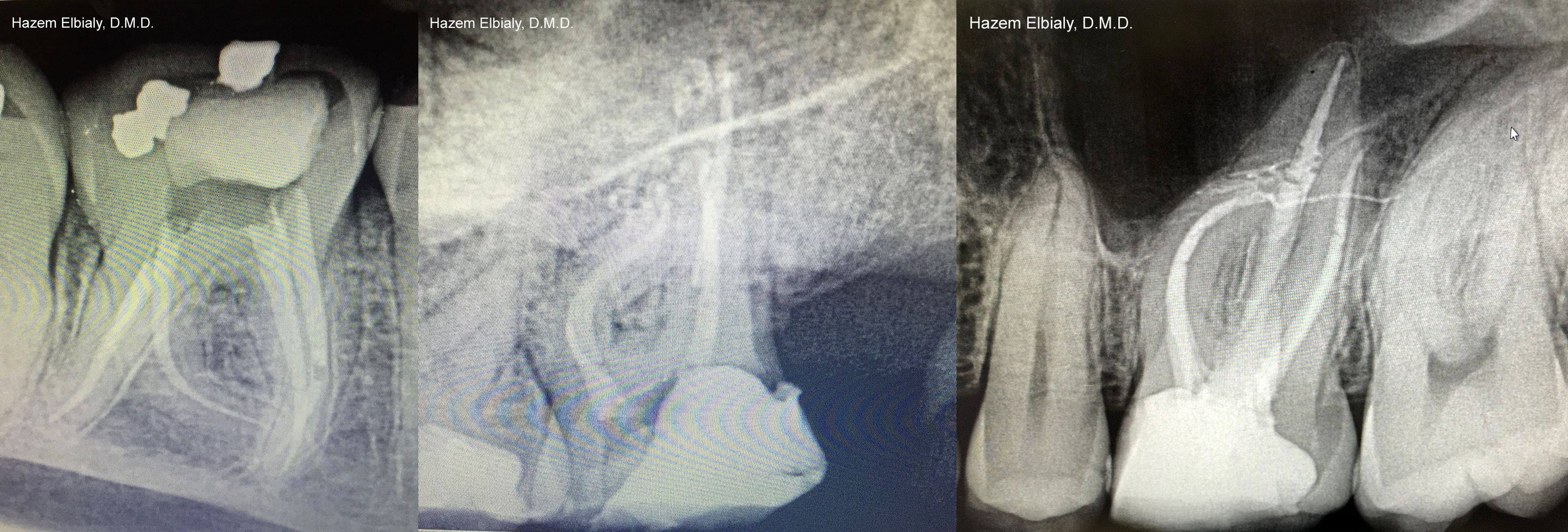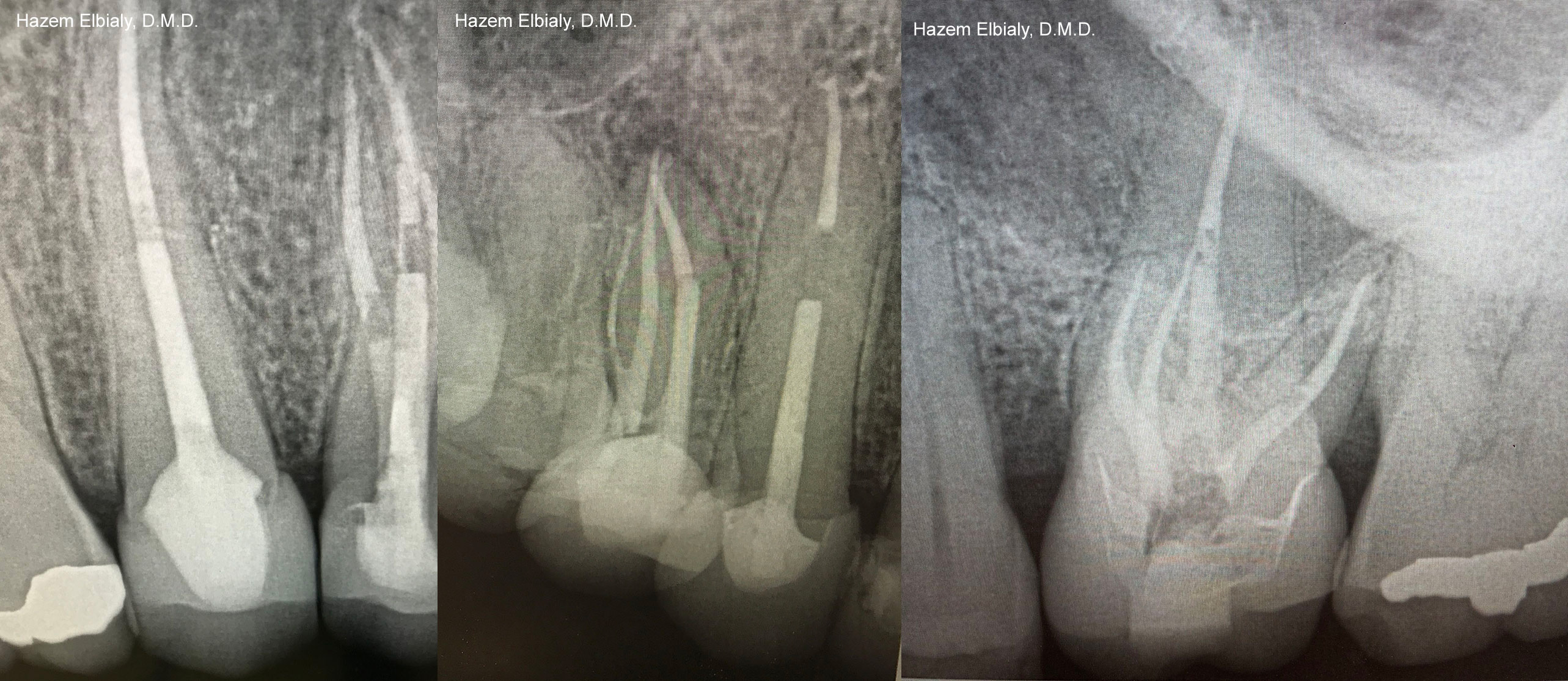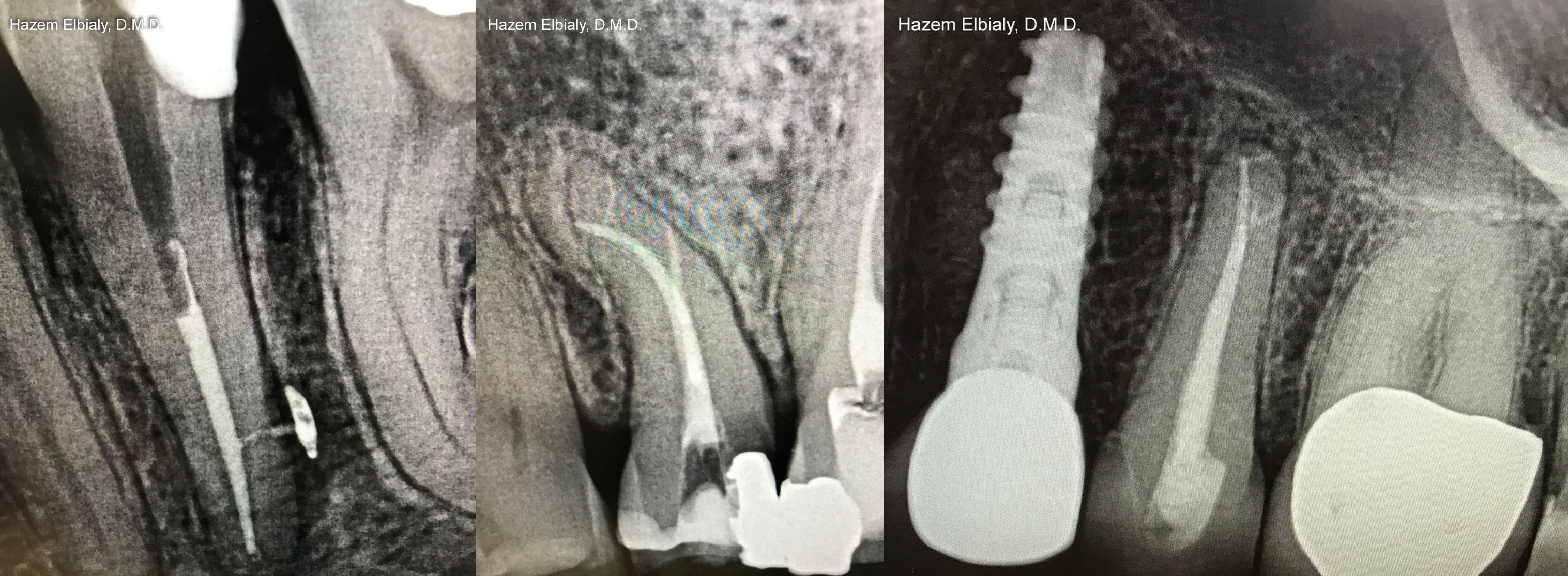Root Canal Treatment – Schoharie, NY
Relieving Toothaches & Restoring Damaged Teeth
Root canals have a bad rap, but they’re actually a very important dental procedure that allows our team at Schoharie Dental to preserve natural teeth and relieve severe pain. Untreated cavities can lead to infections that develop within the inner chamber of a tooth, affecting the sensitive pulp, which is a collection of nerves and soft tissue. With root canal treatment in Schoharie, our team is able to clear all harmful bacteria from the tooth and rebuild its structure, allowing you to keep enjoying it for decades to come! If you’re experiencing a toothache, give our team a call immediately so we can find out what’s causing it!
Why Choose Schoharie Dental for Root Canal Treatment?
- Same-Day Emergency Dental Appointments
- Dental Sedation Available for Nervous Patients
- We Accept & Maximize Dental Insurance
What Is a Root Canal?

Root canal treatment is the process of devitalizing the tooth by removing the dental pulp affected by inflammation/infection, causing pain. The procedure is necessary to alleviate discomfort, cure the infection, and preserve the tooth’s function for years to come.
How We Do a Root Canal

Our root canals are quick and painless. Dr. Elbialy ensures you are adequately anesthetized and comfortable before beginning the procedure. He uses an electronic apex locator and NiTi instruments for speed, pinpoint precision, and accuracy.
Healing from Root Canal Treatment

Many patients report minimal to no discomfort after their root canal treatment. Sometimes, for a few days after treatment, the tooth is sore or tender. It might feel different from the rest of the teeth for a while, until it has had a chance to fully heal.
Understanding the Cost of Root Canals

Of course, as with any dental treatment we recommend, our patients want to know the costs involved. Because your teeth are one of a kind, that means the root canal procedure will be different for you compared to someone else, meaning the price might be a little different. What could make it more or less expensive? We’ll cover the key factors and discuss how to make root canal treatment as affordable as possible below.
Factors That Can Affect Root Canal Cost

- Type of Tooth: The back teeth are larger and have a more extensive/complex root canal system compared to the front, so these require more time, skill, and ultimately expense.
- Need for a Specialist: While we’re able to perform most root canals in-house at Schoharie Dental, for particularly complex cases, we may refer you to a specialist called an endodontist.
- Type of Crown: Because the internal structure of a tooth is removed during a root canal, a crown is necessary to ensure it remains stable. Crowns can be made of various sizes and materials.
- Sedation: Many patients in need of root canal treatment are in serious pain or may feel nervous about the procedure, and sedation can help keep things calm and comfortable (but will require an additional charge).
- Insurance: Most plans will partially cover root canal treatment, but the amount can differ from provider to provider.
Is it Cheaper to Pull My Tooth?

Root canal treatment involves a multi-step process consisting of cleaning out the tooth, filling it, and then topping it with a crown. For a patient dealing with a terrible toothache, they might think it’s simpler to just remove the tooth and be done with it. It’s more straightforward and cheaper, right?
While this makes a lot of sense on the surface, it doesn’t work in reality. Both for your oral health and wallet, it’s always wise to do everything possible to preserve your teeth and keep them in place. Why? Removing a tooth means it needs to be replaced, otherwise the neighboring teeth and bone can start to quickly deteriorate. The cost of restoring a missing tooth and/or dealing with the issues downstream of a missing tooth can easily surpass the cost of a root canal.
Does Dental Insurance Cover Root Canal Treatment?

Yes, in many cases, dental insurance can be used to partially pay for root canal treatment. It is often considered to be a “major” procedure, so the benefit is typically about 50%. Of course, this is not the case with all insurance providers, and your deductible will need to have been met for the year. We’ll go over all of these details at your initial appointment so it’s clear what role your insurance will play.
Other Options for Making Root Canal Treatment Affordable

If you lack private insurance but have a government/state-sponsored plan like Medicaid or ManageCare, these can also be used to cover root canal treatment in many cases. Or, we offer flexible financing with CareCredit, which makes it easy to break up your costs into smaller installments that are in line with your budget.
Root Canal FAQs
Do root canals hurt?
This is one of the most pervasive myths in all of dentistry. The truth is that the patient is completely numbed before the procedure really starts, so a root canal creates relatively little sensation in the chair. The reason for its bad reputation stems from the severe toothaches it’s often used to repair. This pain is incorrectly attributed to the treatment itself, but the truth is actually the exact opposite! We use root canals to make the worst dental pain disappear, not cause it!
Are root canals safe?
There is a pretty common belief that root canal treatment can make a patient prone to infection or illness, and this is just as untrue as the procedure being extremely painful. It’s used to address advanced tooth infections that have the potential to spread to the nearby gums and bone and even enter the bloodstream. So, not only is root canal treatment safe, but it is also protective against a host of other oral and overall health issues.
How long does it take to recover from a root canal?
Following root canal treatment, a patient may experience a little soreness and swelling in the treatment area, but these are expected and usually brief following many standard dental procedures. A patient will just be recommended not to chew with the tooth and be careful when brushing and flossing the area at first. Otherwise, they should be able to resume their normal routine the next day. We suggest using the actual day of the procedure to relax, as too much activity can elevate blood pressure and cause some discomfort.
Can I get sedation for root canal treatment?
Yes, we do offer sedation for root canal treatment for extremely nervous patients, but it is by no means required. A local anesthetic fully numbs the treatment area before we do anything else to the tooth, and that’s all that many patients need to remain comfortable. Of course, if someone is anxious and needs a little help to remain calm, we’re more than happy to accommodate them and discuss our sedation options.
Preventive Dentistry Restorative Dentistry Dental Implants Cosmetic Dentistry Pediatric Dentistry Invisalign Emergencies View Our Services



